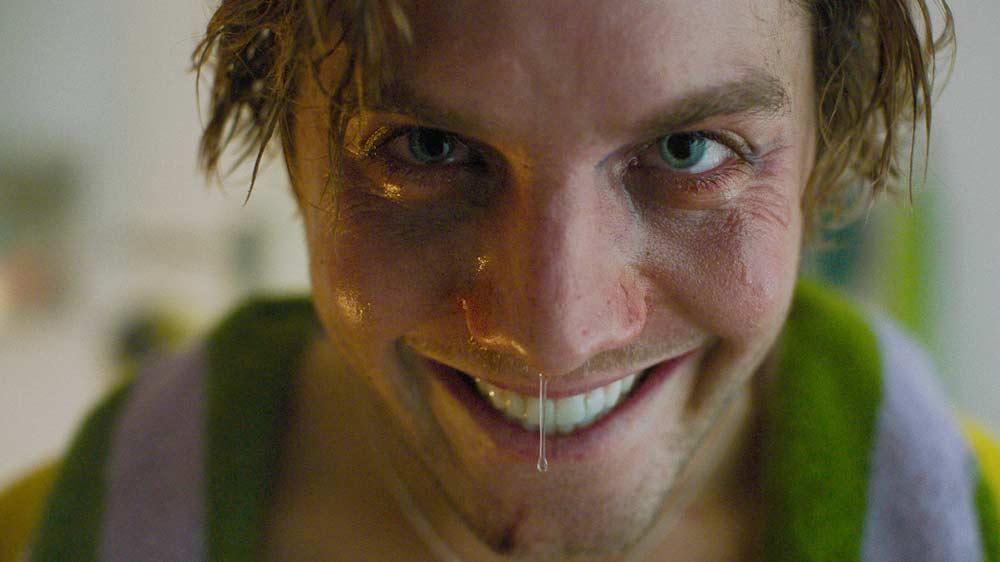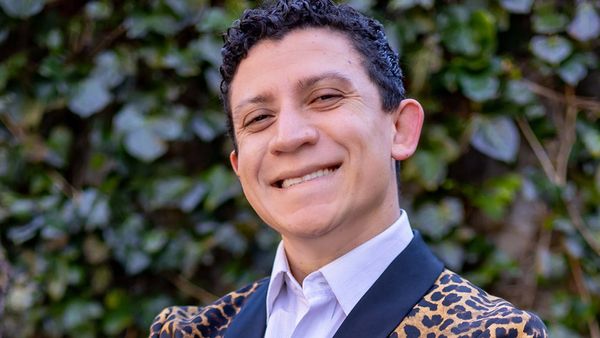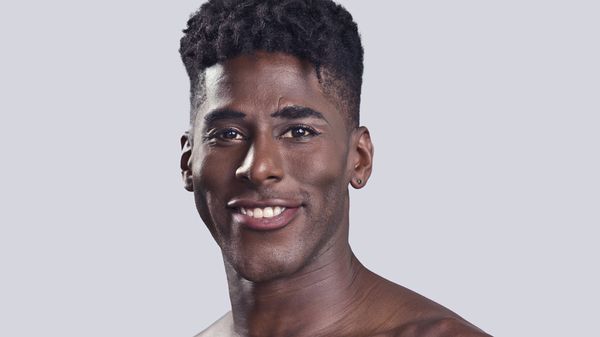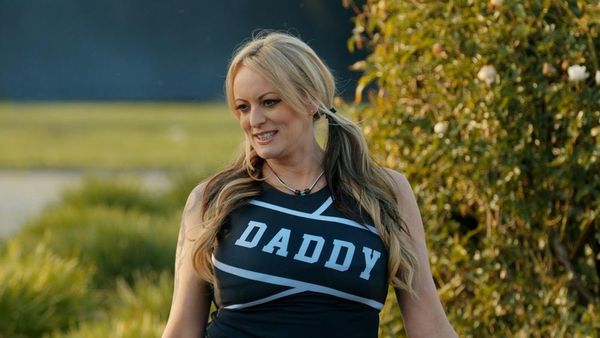Mar 13
Actor Sean Leviashvili Finds Authenticity in SpeakEasy's 'Cost of Living'
Kilian Melloy READ TIME: 8 MIN.
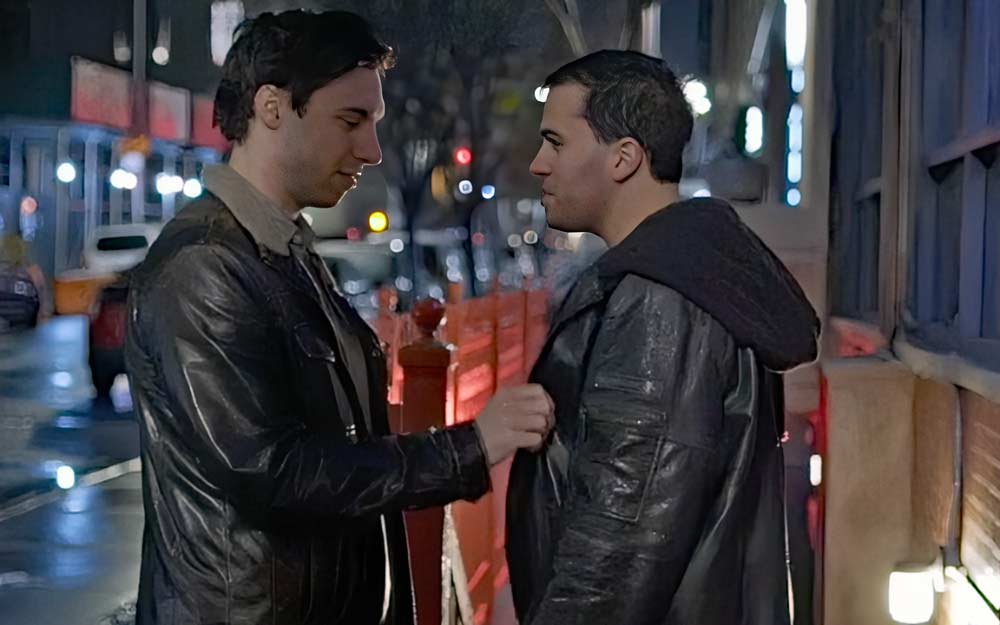
EDGE: I think there's a comment of some sort in the play's implicit comparison of being disabled from birth versus becoming disabled later in life, and people discovering love versus trying to reclaim it.
Sean Leviashvili: I think so, too. You know, it's funny when people explore or try and understand disability, it takes on so many different forms. There are disabilities you can't see, there's disabilities you can't understand. There are some that are more pronounced. There are some that are more nuanced. I think that this play explores that quite eloquently.
I think it's very interesting to look at what John is striving for – the same things all of us are: To succeed, to find love, to explore yourself. He's very inexperienced. One thing I like to point to in the script is [how] he tells jokes a grandfather might make, which shows that he doesn't quite know how to talk to people his own age and just chill.
EDGE: That's so relevant to growing up queer, too.
Sean Leviashvili: Yes, I completely agree with that. I have been able to relate to John through the lens of disability, and also through the lens of my sexuality as a gay man. I didn't kiss anyone 'til I was 19, and [it wasn't until] a few years later I started dating. I had no clue what I was doing, and I had no reference, either. You don't have people saying, "Oh, I want you to meet this person," or, "Try this, try that." You're just hearing it through the grapevine: "This is the bar you should go to," or, "This is an app you should try." Maybe you'll meet a lunatic, or maybe you'll meet someone – it's 50/50 when you knock on those doors.
EDGE: That's kind of the plot of your film, "Limp."
Sean Leviashvili: "Limp" was basically a true story. I went on a date with a guy, and we had the nicest date I'd had in a long time. Towards the end of the night he said, "Oh, is your leg okay?" And I said, "Yeah, I just hurt myself at the gym earlier this week." The bigger lie is that I said I went to a gym.
[Laughter]
Sean Leviashvili: I decided to say this because I didn't want his opinion on my disability to change the time we had that night. And then, day by day, the communication sort of fizzled, and I always wondered, what happened? Years later we reconnected, and I asked, "What happened that night? Because I thought we had a really great time." And he goes, "You know, we did have a great time – and I knew you were lying." He said, "I don't hold that against you. I had just broken up with someone who lied a lot." It just didn't land right with him at the time, and he would have much more appreciated me be honest.
So now I'm at a point where, at least on Hinge and Tinder – I don't go on Grindr, because it's just, whatever – but I do disclose now, just to put that out there before meeting people.

Source: Nile Scott Studios
EDGE: There's all kinds of debate around who gets cast into what kind of role. How would you welcome it if they didn't think about things like disability when casting?
Sean Leviashvili: My hope is that casting can expand and embrace people with disabilities for roles that don't spell it out, because in my life that's reflective. I've been a best friend, I've been a brother, I've been a colleague, a coworker. I would love to see people with disabilities be considered for [roles] where the disability is not the only storyline.
EDGE: How about the other way around? Like if they made "My Left Foot" today, should somebody other than Daniel Day-Lewis play the main role?
Sean Leviashvili: I think when it's a specific person, maybe you want to find the actor that can best reflect who that person is. Here's my example: Freddie Mercury. He's a queer icon, [but] I think the person that would get that role would be the person that best reflects Freddie [regardless of whether or not he is queer].
But I think for something like "Love, Victor," which is about queer kids, we can make a better effort to try and find queer actors, because it's not only about the reflection of the character, [it's about] the content. These queer actors may be able to weigh in on the storylines in a more compelling way. If it's a role that is about a demographic, I think it would be great to make a concerted effort to find people that reflect that experience, versus reflecting the character.
For [a role] like John, who has cerebral palsy, I do think it's important to cast someone that has a disability. And Martyna [Majok], the playwright, spelled that out in the script: She literally says, "Please cast people with disabilities for the roles of Ani and John." I absolutely love and appreciate that.
"Cost of Living" runs through March 30 at the Stanford Calderwood Pavilion at the Boston Center for the Arts. For tickets and more information, follow this link.
Kilian Melloy serves as EDGE Media Network's Associate Arts Editor and Staff Contributor. His professional memberships include the National Lesbian & Gay Journalists Association, the Boston Online Film Critics Association, The Gay and Lesbian Entertainment Critics Association, and the Boston Theater Critics Association's Elliot Norton Awards Committee.
